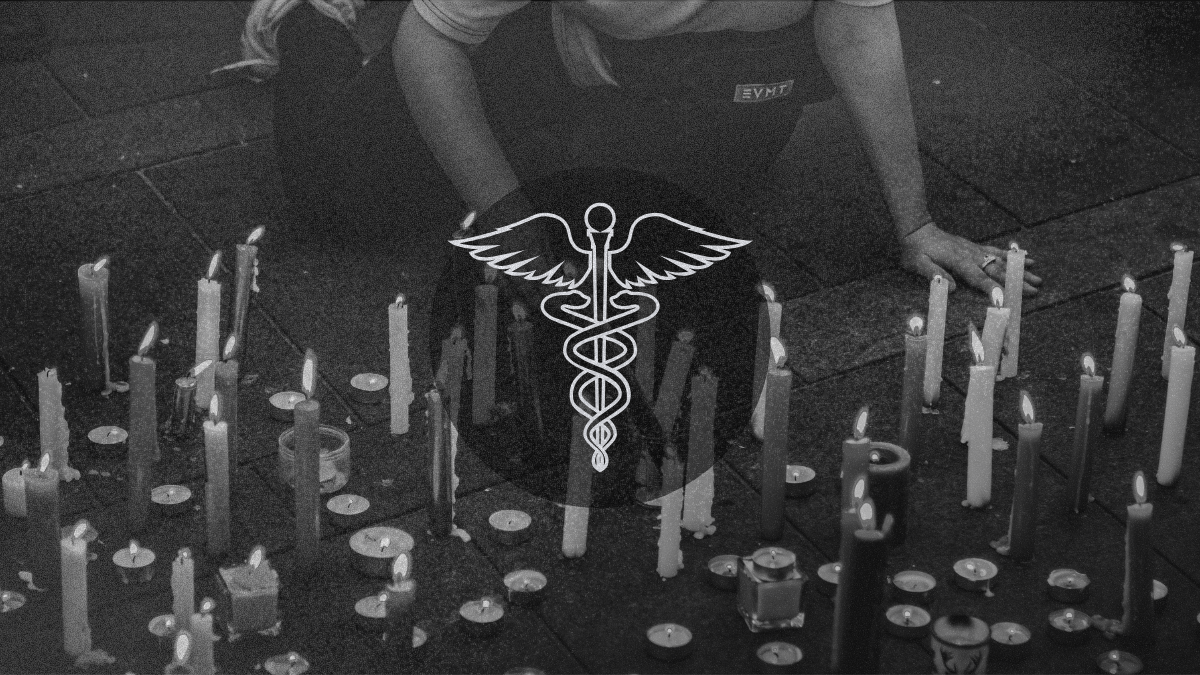Across North Carolina, vigils were held in front of the offices of Senator Thom Tillis (R-NC) and Senator Ted Budd (R-NC) to push back against the Trump administration’s harmful cuts.
Eight vigils were held in Advance, Asheville, Charlotte, Greenville, Greensboro, Hendersonville, Raleigh, and Wilmington.
According to a press release from the North Carolina Justice Center, the vigils were held in opposition to Trump’s harmful healthcare cuts, which would jeopardize health care coverage for hundreds of thousands of North Carolinians.
Over 255,000 North Carolinians are at risk of losing Medicaid coverage, and at least five rural hospitals would close their doors due to the proposed Medicare and Medicaid cuts.
“After a decade of community members, health care providers, and faith leaders from every corner of our state tirelessly building the case for Medicaid expansion in North Carolina, we are under attack from Congress threatening to undo it all,” said Nicole Dozier, director of health advocacy at the North Carolina Justice Center, in the group’s press release.
Responding to the Republican proposed bill to impose a harmful work requirement measure, Auna Namkung, a Medicaid beneficiary, stated in the group’s press release, “Why in the world would Congress and Trump want to increase government inefficiency by creating even more red tape for our Medicaid program, requiring the Medicaid expansion population to fill out pages and pages of work reporting paperwork to get lifesaving health care? This is the farthest proposal from common sense that I’ve heard of.”
According to advocates, the work requirement would result in thousands of North Carolinians losing health care coverage.
“If you are of the belief, like I am, that Medicaid’s purpose is to get you healthy so that maybe you can work, and you already understand that a lot of people who can work already are working if they have Medicaid, then work requirements are just an additional barrier,” Ciara Zachary, an assistant professor at the University of North Carolina’s Gillings School of Global Public Health said in an interview with NC Health News.
“It’s not something that helps people’s health, and it’s certainly not going to get more people in the workplace in jobs that help them thrive.”





